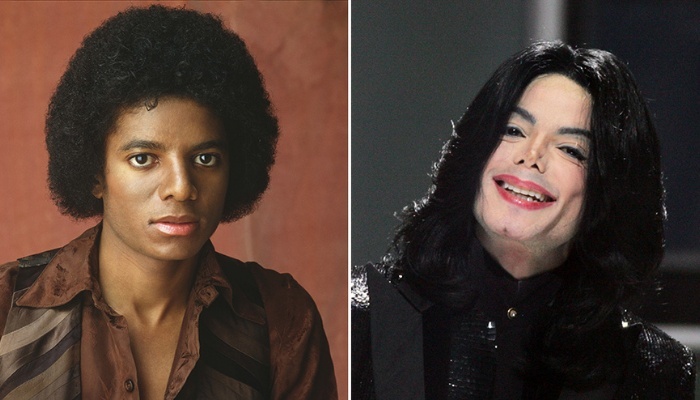It is with great sadness that we report the death of Michael Jackson, the legendary King of Pop. Jackson died on Thursday, June 25th, 2009, at the age of 50, after suffering from cardiac arrest.
Jackson had been battling health problems for many years, and in recent months rumors had been swirling about his deteriorating condition. Just last week, it was reported that Jackson had been rushed to the hospital after suffering from a severe bout of flu.
Although the exact cause of Jackson’s death has not yet been determined, there is no doubt that his legacy will live on forever. Jackson was a true icon, and his influence on the music industry is immeasurable. He was a true pioneer, and his impact on pop culture is undeniable. He will be deeply missed.
The circumstances surrounding Jackson’s death
On June 25, 2009, Michael Jackson died of acute propofol and benzodiazepine intoxication at his home on North Carolwood Drive in the Holmby Hills neighborhood of Los Angeles. His personal physician, Conrad Murray, said he had found Jackson in his bedroom, not breathing and with a weak pulse, and that he administered CPR on Jackson to no avail. Jackson’s death triggered a global outpouring of grief.
A coroner’s report later concluded that Jackson’s death was a homicide, and Murray was charged with involuntary manslaughter. Murray said Jackson had asked him for the drugs to help him sleep, and he had administered them; however, the coroner found that Jackson had self-administered the drugs.
Murray was found guilty of involuntary manslaughter in 2011 and sentenced to four years in prison. He was released on parole after serving two years of his sentence.
Jackson’s death was officially ruled a homicide, and his personal physician, Conrad Murray, was charged with involuntary manslaughter.
The autopsy report and cause of death
Michael Jackson died on June 25, 2009, at the age of 50. The cause of death was reported to be acute propofol and benzodiazepine intoxication, with the manner of death declared to be homicide. Jackson’s personal physician, Conrad Murray, said he had found Jackson in his bed, not breathing and with a weak pulse, and that he administered CPR to no avail. Murray stated he had been treating Jackson for insomnia for six weeks and that he had been using propofol to help Jackson sleep on the night of his death.
The autopsy report, released in August 2009, revealed that Jackson had died from “acute propofol intoxication” and listed the manner of death as homicide. The report stated that Jackson had been administered propofol and lorazepam (Ativan) by Murray, and that Murray had failed to properly monitor Jackson’s vital signs while he was under the influence of the drugs.
In November 2011, Murray was found guilty of involuntary manslaughter in Jackson’s death and was sentenced to four years in prison. He was released in October 2013 after serving two years of his sentence.
The exact circumstances surrounding Jackson’s death continue to be the subject of debate and speculation.
The reaction to Jackson’s death
On June 25, 2009, the world was shocked to learn of the sudden death of pop icon Michael Jackson. The King of Pop had passed away at the age of 50, leaving behind a legacy that would live on forever.
Fans and celebrities alike mourned the loss of Jackson, with many taking to social media to share their thoughts and memories. The reaction to Jackson’s death was truly global, with tributes coming in from all corners of the world.
In the days and weeks after Jackson’s death, there was a surge in sales of his music and merchandise. His album ‘Thriller’ became the best-selling album of all time, and his single ‘Man in the Mirror’ was downloaded more than any other song in history.
Jackson’s death also sparked a renewed interest in his life and work. His biopic ‘This Is It’ became the highest-grossing documentary of all time, and fans flocked to see the Cirque du Soleil show based on his music.
The reaction to Jackson’s death was truly global, with fans mourning the loss of a true icon. His legacy will live on forever.

